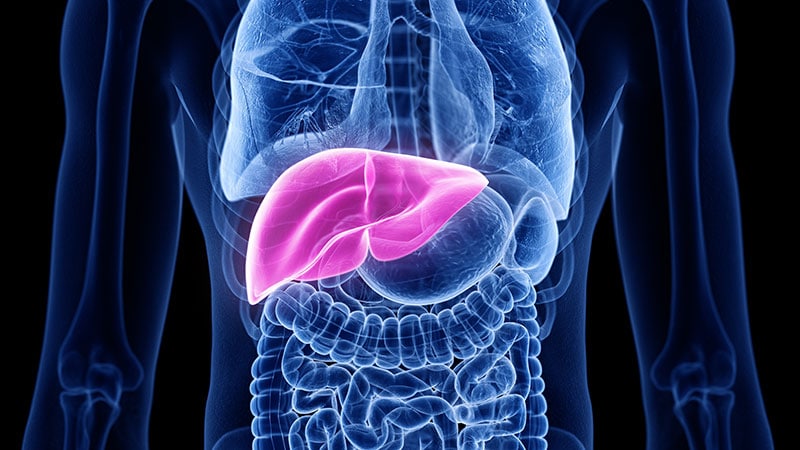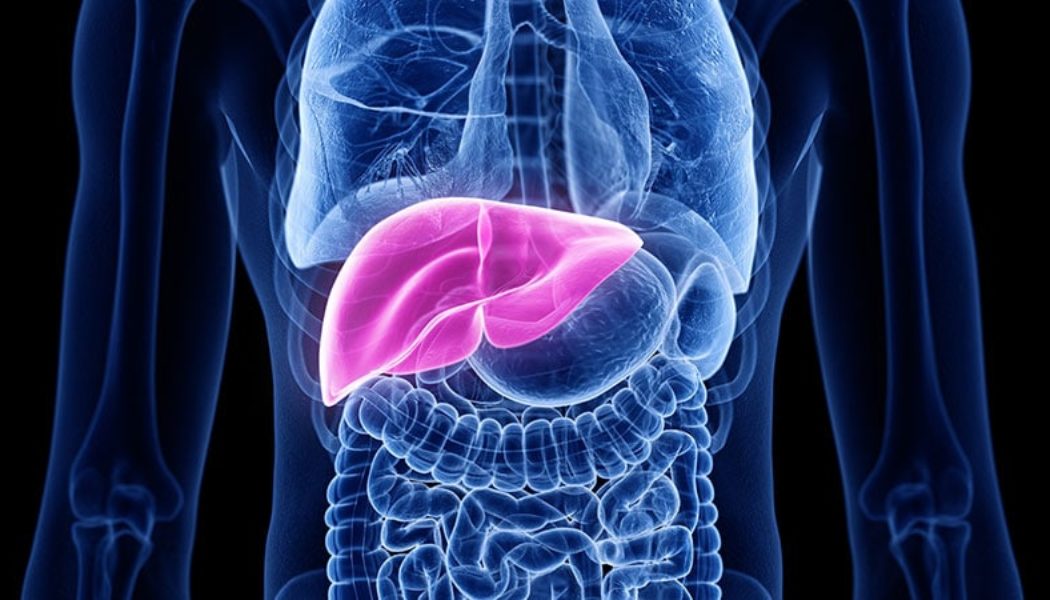
TOPLINE:
Participation in a liver fibrosis screening program leads to sustained improvements in alcohol consumption, diet, weight, and exercise among individuals at risk for alcohol-related liver disease (ALD) or metabolic dysfunction-associated steatotic liver disease (MASLD).
METHODOLOGY:
- Investigators conducted a single-center prospective study of the general population in Denmark at risk for ALD or MASLD.
- “At-risk ALD” was defined as current or previous alcohol intake exceeding 14 units/week for women and 21 for men, for more than 5 years. “At-risk MASLD” was defined as having at least one of the following: Obesity, type 2 diabetes or metabolic syndrome, and no prolonged alcohol overuse.
- Participants were screened for liver fibrosis using transient elastography (TE) and considered positive if TE ≥ 8 kPa. They also were provided with their liver health results and lifestyle advice.
- Participants completed questionnaires at 1 week and 6 months to evaluate self-reported lifestyle changes; a subgroup underwent reexamination and clinical investigation at 2 years.
TAKEAWAY:
- Among 4796 participants (median age, 58 years; 52% men), 1850 were at risk for ALD and 2946 for MASLD; 10% of the ALD group and 7% of the MASLD group screened positive for fibrosis.
- In the ALD group, excessive drinking decreased from 46% at baseline to 32% at 6 months; only 15% of participants reported increased drinking. Among high-risk drinkers, a positive screening test was associated with abstinence or decreased use (odds ratio [OR], 2.45), whereas a negative test was not.
- At 2 years, excessive drinking decreased from 52% to 41% in a subgroup of 752 participants with ALD, and a positive screening test again predicted abstinence or decreased alcohol use (OR, 1.84).
- Participants with MASLD showed improvements in lifestyle at 6 months (35% improved their diet, 22% exercised more, and 13% reported a weight loss of ≥ 5%), with improvements most pronounced in those who screened positive vs negative (19% vs 12%, respectively).
IN PRACTICE:
“The act of attending a screening program for liver fibrosis can therefore be seen as a catalyst for behavioral change, boosting existing motivation for lifestyle improvements,” the authors concluded.
SOURCE:
Maria Kjaergaard, MD, Odense University Hospital and the University of Southern Denmark, led the study, which was published online on December 26, 2023, in Clinical Gastroenterology and Hepatology.
LIMITATIONS:
Researchers found evidence of selection bias, especially in the ALD group, as those participants were likely to be particularly motivated to make lifestyle changes. They also detected short-term recall bias in the ALD group with respect to reported alcohol use after screening, both at 1 week and at 6 months. Furthermore, the data indicated attrition of those who screened positive in the ALD group, potentially overestimating the effect of screening.
DISCLOSURES:
This work was funded through the DECIDE project from the Novo Nordisk Foundation through the LiverScreen project from the European Union’s Horizon 2020 research and innovation program and from the Research Foundations of the University of Southern Denmark, Odense University Hospital, and the Region of Southern Denmark.
Most authors had no conflicts of interest to disclose. Five had received fees from the industry; full disclosures were included in the paper.









